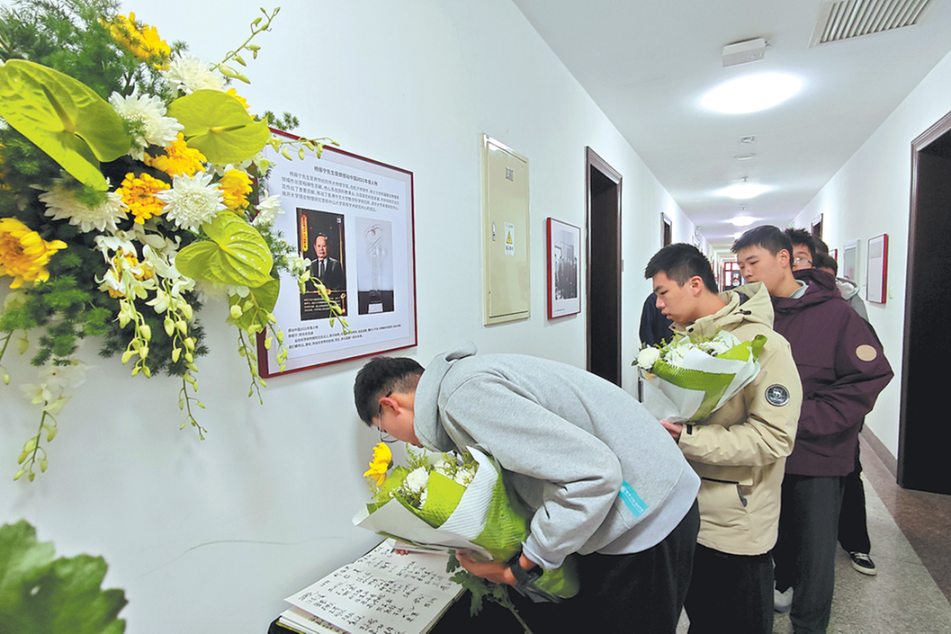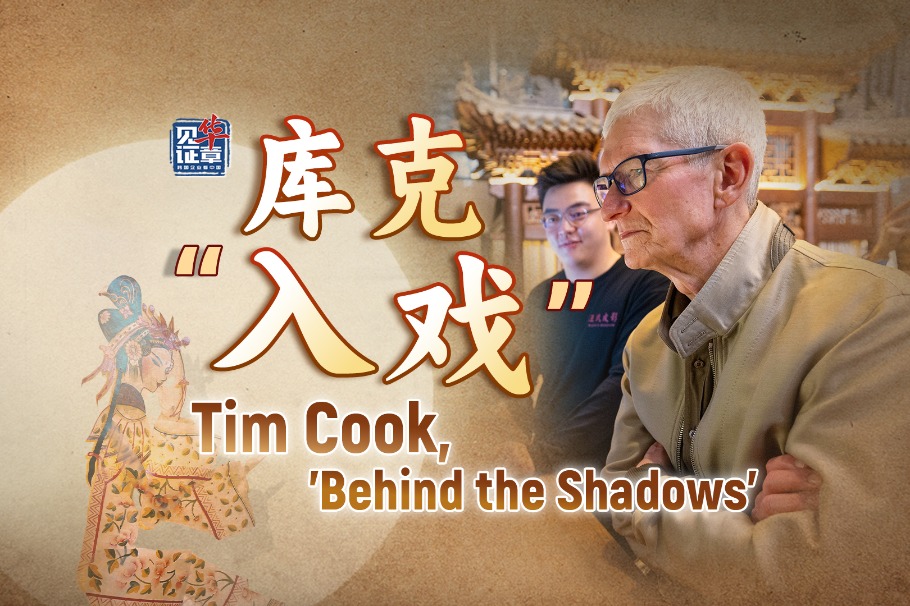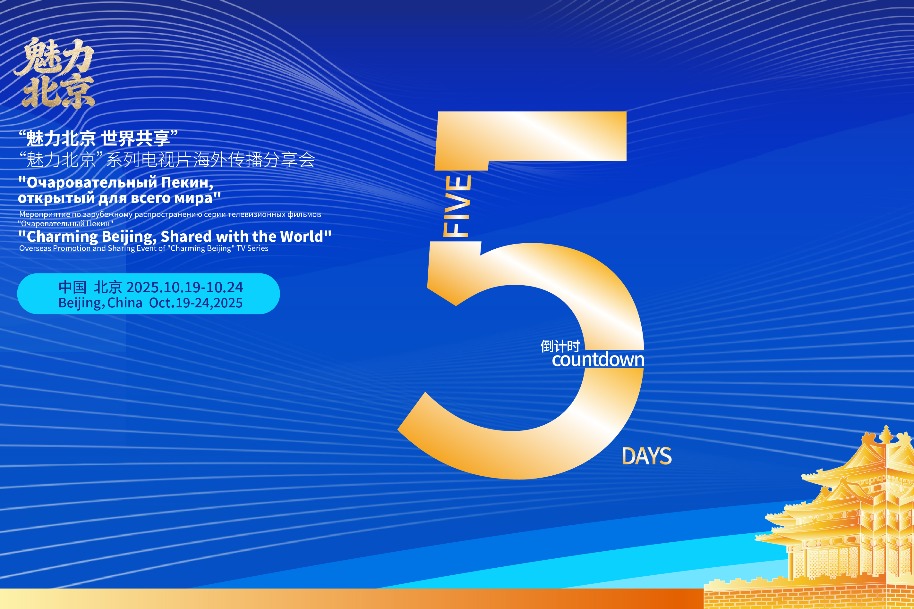Ancient Confucian ideas inspire today

While attending a conference in East China over the weekend, experts from around the world praised influential Chinese philosopher Zhu Xi, emphasizing his ideas on moral cultivation, ethical leadership and people-oriented governance as vital for global coexistence and harmony amid competition and uncertainty.
Nearly 200 scholars from 51 countries and regions attended the Conference on Zhu Xi's Philosophy and Dialogue of Global Civilization to explore the contemporary relevance of the 12th-century Neo-Confucian scholar's thought.
The event, also known as the Fourth Kaoting Forum, was co-hosted by the Chinese Academy of Social Sciences, the International Confucian Association and the Fujian provincial government. It took place in Nanping, Fujian province, where Zhu taught in his later years.
Zhu (1130-1200) was a prominent scholar known for his major contributions to Confucianism during the Song Dynasty (960-1279). He compiled and wrote influential commentaries on the Four Books, which became the core texts for China's imperial civil service examinations for centuries.
In 1171, Zhu established the Wufu Granary, pioneering community-based relief programs to ease the impact of famine on farmers, which influenced China's ancient social security system.
Former vice-premier Sun Chunlan, who is now president of the International Confucian Association, said Zhu's philosophy offers valuable insights into human society and global civilization. She called on scholars to further explore the contemporary value of traditional cultures like Zhu's to foster a harmonious world of diverse civilizations.
Vincent Meriton, former vice-president of the Seychelles, said he found Zhu's thought inspiring, especially in a world marked by intense competition, mistrust and rivalry, where power has often been exercised with a sense of superiority and disregard for the dignity of others.
"Against this backdrop, Zhu Xi's insistence on moral cultivation, ethical leadership and the principle that human nature is essentially good offers a vital corrective — a reminder that governance, diplomacy and global coexistence must be rooted in virtue, respect and a willingness to understand and compromise," he said.
William Brown, a professor from the United States working at Xiamen University, said Zhu's concept of "unity while respecting differences" offers powerful guidance for understanding and coexistence, especially for Western countries that have relied on "hard power" in business competition for years.
Mohammad Saiyedul Islam, a senior lecturer at Sanming University, said Zhu, who established himself as an educator, philosopher and thinker, is inspiring for him as a teacher, and that Zhu's people-oriented philosophy should be shared with the rest of the world.






























